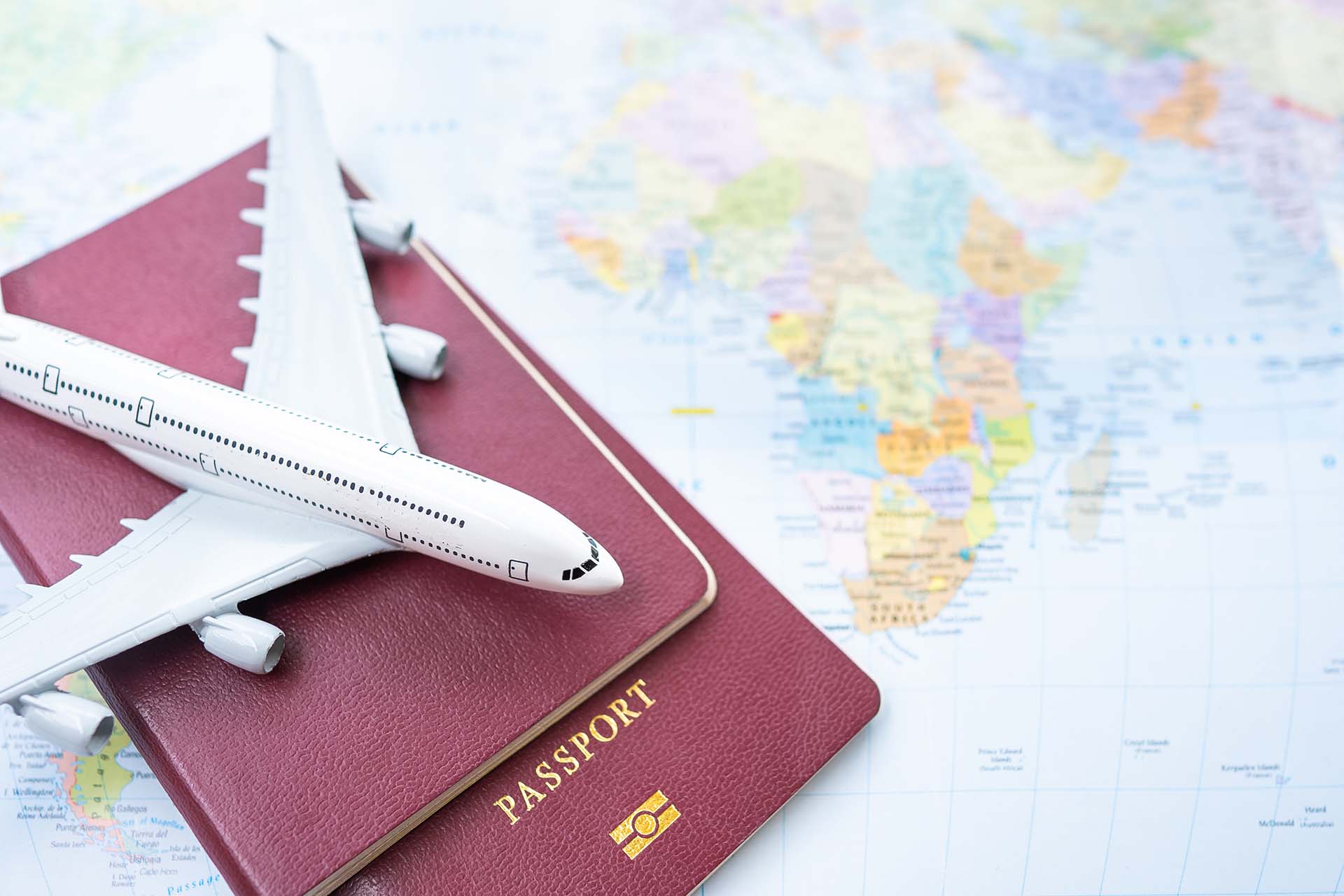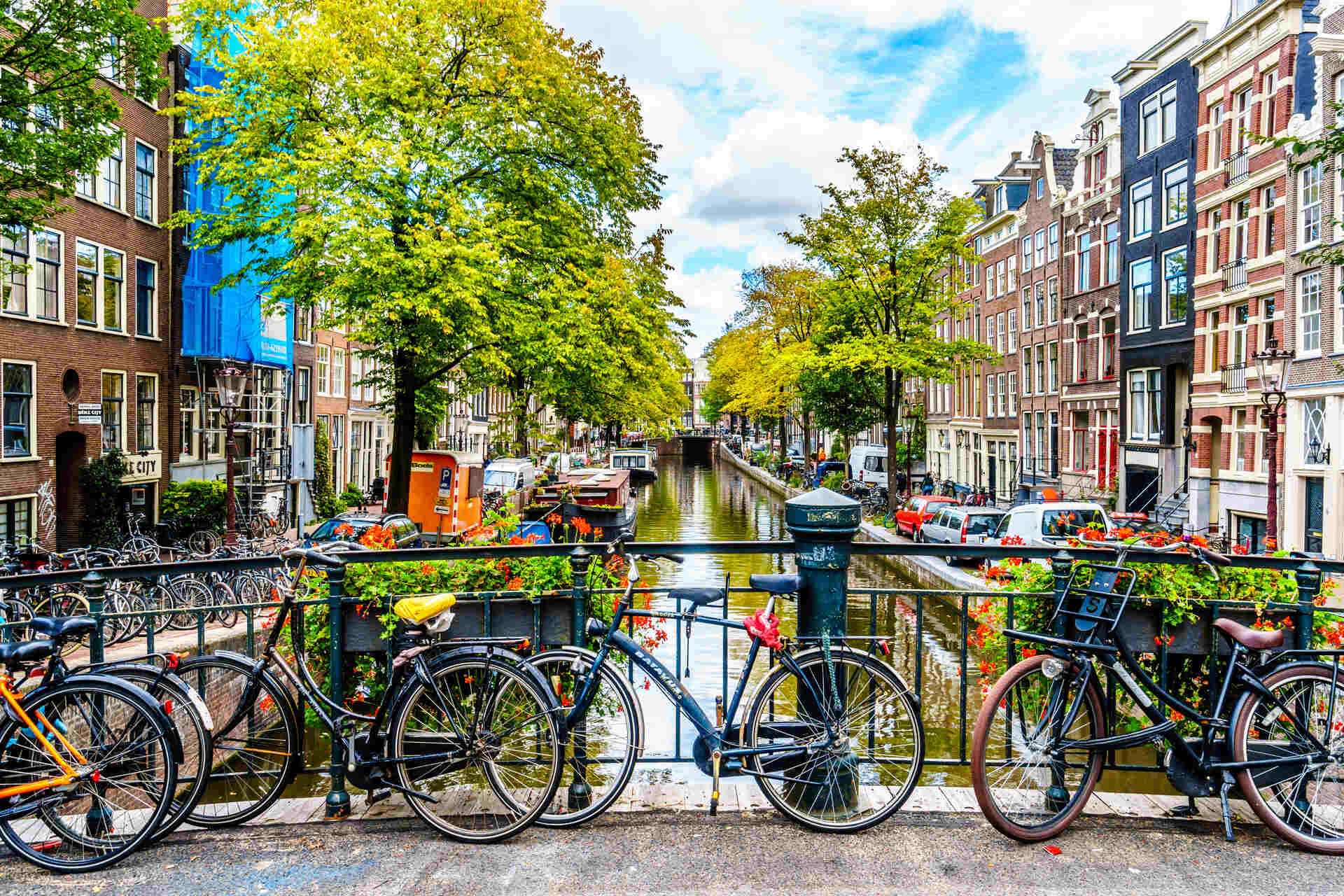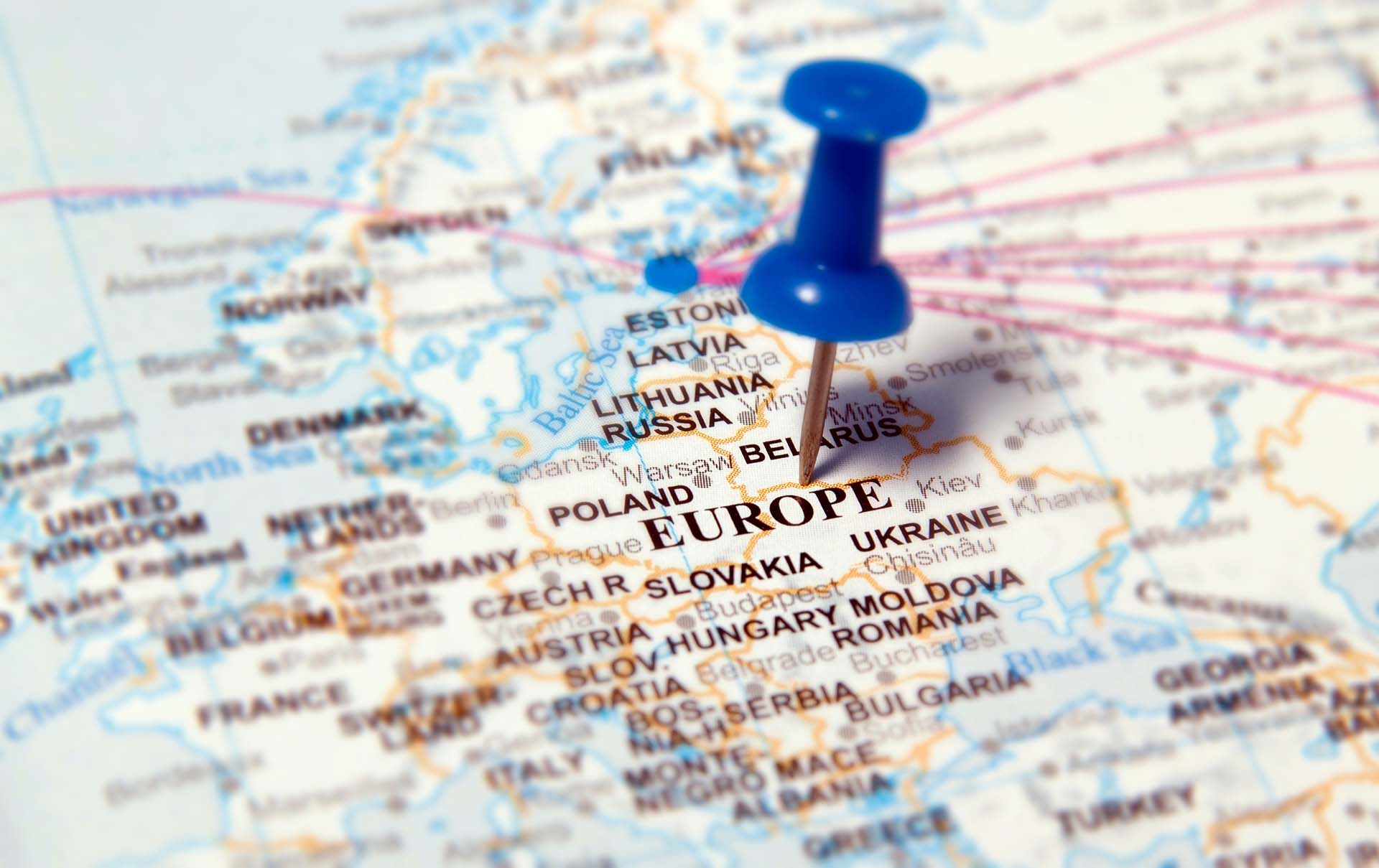

Embarking on a journey of moving from the US to Europe offers a thrilling blend of adventure, culture, and history. Because of that, we present you with the ultimate guide, providing essential tips and insights for a smooth transition. Whether you’re seeking new opportunities, exploring diverse cultures, or simply chasing a dream, this guide ensures your move is both informed and inspiring.
Understanding the Basics – Legal and Administrative Requirements for Moving From the US to Europe
When preparing for the move from the US to Europe, it’s crucial to familiarize yourself with the legal and administrative requirements of the destination country. This preparation involves understanding the visa and residency requirements, which can vary significantly across European countries. Each nation has its unique process and prerequisites for allowing US citizens to live and work within its borders. Starting this process early is key to ensuring an efficient relocation.
Visa and Residency Permits – Navigating the Legal Landscape
The cornerstone of the US-to-Europe relocation is securing the appropriate visa or residency permit. European countries offer various visa types, including work visas, student visas, entrepreneur visas, and retirement visas, each with its application procedure and required documentation.
It’s essential to research the specific requirements of the country you’re moving to, as failing to obtain the correct visa can lead to significant delays or even derail your plans. Consulting with an immigration lawyer or a consulate can provide valuable guidance through this complex landscape.
Essential Documents and Paperwork for Moving Abroad
Before embarking on the European adventure, compiling and organizing essential documents is critical. Safeguard these documents by keeping digital copies in secure online storage and carrying physical copies in a safe, accessible place during the move. This preparation will smooth the transition and help avoid any bureaucratic hurdles in the new country. At a minimum, you will need:
- Valid passport,
- Birth certificate,
- Marriage certificate,
- Educational and professional documents (degrees, certifications, and references).

Planning the Move – Logistics and Transportation
Moving overseas requires meticulous planning, especially when it comes to logistics and transportation. Selecting the right mode of transport for belongings is a critical decision that impacts the move’s cost, duration, and overall levels of relocation stress.
Choosing the Right International Moving Company
Selecting a moving company is vital for a smooth transition – it should be the first task on the international moving checklist. Look for companies with specific experience in US-to-Europe relocations – companies just like Shepherd International Movers. Ensure the movers are licensed and offer insurance coverage for international moves.
Ask about their packing services and handling procedures, transit times, and if they provide door-to-door services. Inquire about their track record, request references, and check online reviews to gauge the reliability of their relocation services and customer service quality.
Which Relocation Services Do You Need for a Transatlantic Move?
Deciding between sea freight and air freight is crucial – sea freight is more cost-effective for large volumes, while air freight suits faster, smaller shipments. Efficient packing is essential for protecting items during long transits. When hiring movers, be sure to request professional packers experienced in international moves.
If you’re shipping a vehicle, research companies that specialize in overseas vehicle shipping and offer storage solutions if necessary. Assessing your specific needs and understanding the available services will ensure an experience without much anxiety about relocating.

Financial Considerations – Budgeting for the European Move
Relocating abroad is an exciting adventure that requires careful financial planning, especially for those moving on a low budget. Understanding and preparing for the costs involved will ensure a smooth transition and help you settle into the new life without unnecessary financial strain. It’s important to research and plan for ongoing living expenses, as they can vary greatly depending on the destination within Europe.
Which Cost of Living Differences Should You Expect?
The cost of living can vary widely between the US and European countries.
Generally, you may find housing costs in major European cities higher than in the US, especially in capitals like Paris, London, or Copenhagen.
However, healthcare expenses in many European countries are significantly lower due to public healthcare systems.
Daily expenses such as groceries, public transport, and dining out can differ too – some places might be cheaper, while others could be more expensive.
Researching a specific destination is crucial for a realistic budget.
Managing Finances When Moving to Europe From the US
Setting up a local bank account in the new European city is essential for managing finances efficiently. Look into banks that offer services for expatriates, as they can facilitate the account setup process and offer valuable advice on international transfers and currency exchange.
Transferring funds internationally requires awareness of exchange rates and transfer fees. Utilizing reputable currency exchange services or banks with favorable rates can save money in the long run. Planning these financial aspects in advance will alleviate stress and allow you to focus on enjoying a new lifestyle.

Settling In – Adjusting to Life in the Old Continent
Moving across the world to the Old Continent embarks you on a fascinating journey of discovery. With its rich tapestry of cultures, languages, and histories, adjusting to a new country here offers an unparalleled experience. Embracing the diverse lifestyle changes, from food habits to social norms, is key to a smooth transition.
This phase of relocation is not just about finding a place to live but also about immersing yourself in the local culture, understanding societal expectations, and navigating through the day-to-day nuances that make each European country unique. Adapting to a new way of life can be both exhilarating and challenging, but with an open mind, a sense of adventure, and a willingness to deal with changes, you can truly make the most of what Europe has to offer.
Finding a Place to Live in a New Country
Finding the right home in Europe requires patience and a good understanding of local housing markets. Whether you’re leaning towards the charm of urban apartments or the tranquility of countryside homes, each European country offers its unique blend of living options.
Renting is prevalent in many European cities, with contracts and landlord expectations varying greatly from one country to another. Engaging a local real estate agent can provide invaluable insights into the market, help navigate local practices, and ensure you find a home that meets your needs. For those considering buying, understanding the legalities and market conditions is crucial, as property acquisition processes and costs can differ across Europe.
Healthcare, Education, and Daily Life – What to Expect
Europe is renowned for its high-quality healthcare systems, many of which are accessible to residents at reduced costs or free of charge, depending on the country’s policies. Navigating healthcare systems can seem daunting at first, but understanding your rights and the services available is crucial for settling in.
For families moving with children, Europe offers a wide range of educational options, from public schools that immerse the child in the local language and culture to international schools that follow an American or British curriculum.
Adapting to the cultural nuances of daily life in Europe is also vital. From dining etiquette and public transportation protocols to shopping habits and leisure activities, immersing yourself in these aspects of European life can enrich the experience and help you feel at home in the new country.

Cultural Integration – Becoming Part of the New Community
Cultural integration is a crucial part of the journey of an expatriate in Europe, enabling you to feel more at home in a new country. It involves more than just adjusting to a new way of life; it’s about actively becoming part of the community, understanding its values, and contributing to its diversity. This process enriches the expatriate experience, fostering a sense of belonging and connection with people around you.
The Importance of Learning a Local Language
Learning the language is key to deeper integration into the community. It not only facilitates daily interactions but also opens doors to understanding cultural nuances and forming meaningful relationships. Start with language learning apps, local courses, or language exchange meetups to practice conversational skills.
Immersing yourself in the language through media, such as movies, music, and books, can also accelerate learning process. Showing effort in learning the language is often appreciated by local residents and can significantly enhance the integration experience.
Tips for Embracing Local Customs and Traditions
Embracing local customs and traditions is essential for truly integrating into the new community and overcoming culture shock. Attend local festivals, participate in community events, and accept invitations to social gatherings to experience and appreciate the rich tapestry of local culture. Be open to trying new foods, celebrating national holidays, and understanding local etiquette.
This willingness to engage not only enriches the expatriate experience but also demonstrates respect for the new country’s culture, fostering mutual understanding and acceptance. Remember, integrating into a new culture is a gradual and rewarding process that contributes significantly to the overall happiness and fulfillment abroad.

Long-Term Success – Thriving in a New European Home
Achieving long-term success after relocation goes beyond initial adjustments – it involves thriving in the environment, building meaningful connections, and overcoming inevitable challenges with resilience.
Building a Support Network in a New Community
Creating a support network is crucial for well-being and integration. Start by connecting with local expat communities and interest-based groups where you can meet people with similar hobbies or situations. Expatriate groups, often found on social media platforms or dedicated expat websites, offer invaluable advice and friendship from those who have undergone similar experiences.
Don’t overlook the power of local events and gatherings to meet neighbors and community members. These connections can transform the adaptation process, providing both practical support and enriching your social life.
Navigating Challenges and Celebrating Milestones
Every expatriate journey comes with its set of challenges, from navigating bureaucracy to coping with nostalgia. Address these challenges by seeking advice from your network, learning from each encounter, and staying flexible in the expectations.
Remember to celebrate milestones, no matter how small, from understanding a conversation in the local language to hosting the first local holiday celebration. These achievements highlight the progress, marking the successful integration.
Reach Out to Shepherd International Movers for a Smooth Relocation to The Old Continent
When planning the relocation to the Old Continent, ensuring a seamless transition is paramount. Shepherd International Movers stands ready to guide you through every step of the journey. With years of experience in international relocations – including moving to the US from Europe and vice versa – our company specializes in creating tailored relocation solutions that cater to the unique needs of all our clients.
Our team of experts provides comprehensive support, from handling delicate paperwork to managing the logistics of moving internationally. Trust Shepherd International Movers to be your partner in this exciting new chapter, making the move to Europe as smooth and stress-free as possible. Contact us today to get a free quote for our expert services.








